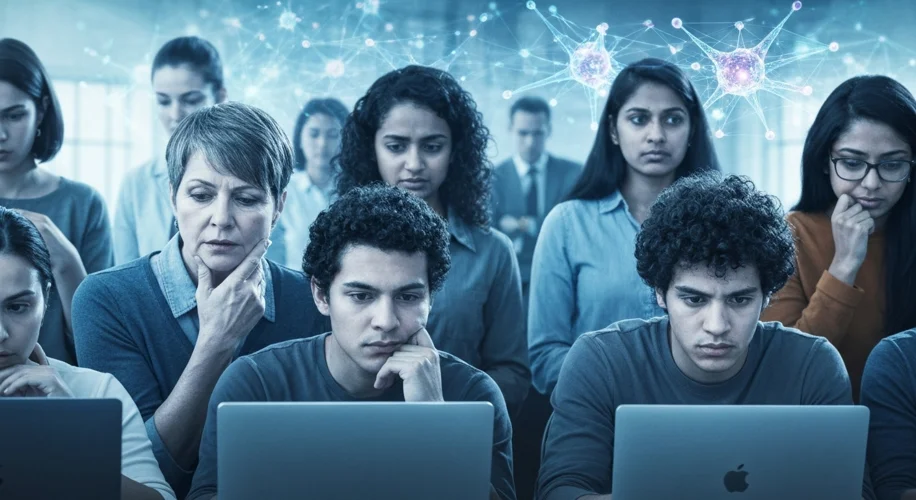Okay, so hear me out…
We’ve all seen the headlines. AI is booming, companies are pouring billions into it, and then, bam! Layoffs hit for some of the very people building it. It’s a weird paradox, right? Google recently let go of a bunch of AI contractors, and it’s got people talking. This isn’t just about one company; it’s a peek into a bigger conversation about the ethics of AI labor and how we treat the humans behind the machines.
The Layoff Paradox
When major tech companies announce layoffs, especially in areas that are supposed to be the future, like AI, it raises some serious questions. On one hand, AI development requires a massive workforce, often contractors, to do tasks like data labeling, content moderation, and improving model performance. These jobs are crucial for making AI usable and safe. But on the other hand, these roles are often precarious – contract-based, sometimes with limited benefits, and prone to sudden shifts in demand.
Recent reports highlighted that Google, a leader in AI, has been cutting back on these contractor roles. It makes you wonder: if AI is the future, why are the people building it being shown the door?
The Fight for Better Conditions
This isn’t new, but the intensity is growing. Workers in the AI space, particularly those doing data annotation and quality assurance, have been pushing for better pay, more stable work, and clearer communication from the companies they work for. They’re the ones on the ground, dealing with the messy, human-centric aspects of AI that algorithms can’t quite grasp yet. Think about training an AI to understand nuance or identify harmful content – that takes human eyes and judgment.
When these contractors speak up, they’re not just asking for more; they’re asking for recognition of their vital role in a multi-billion dollar industry. They’re fighting for fair labor practices in an industry that’s moving at lightning speed.
The Bigger Picture: AI and the Future of Work
This situation forces us to think about the future. As AI becomes more capable, what happens to the human jobs that support it? Will we see a shift from manual AI tasks to more oversight and strategic roles? Or will AI automate those too?
It’s easy to get caught up in the shiny capabilities of AI, but we can’t forget the people. The ethics of AI aren’t just about preventing bias or ensuring safety; they’re also about how we build and maintain a workforce that’s essential to this technological advancement. Companies need to consider the human element, not just the algorithmic output.
We’re still figuring this out, and the conversation is constantly evolving. But one thing is clear: as AI continues to reshape our world, the way we treat the people who build it will define the ethical landscape of this new era.

